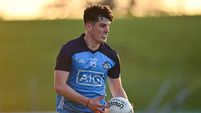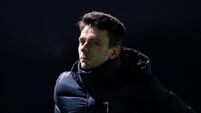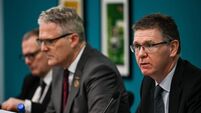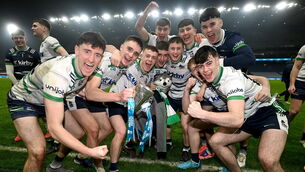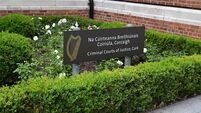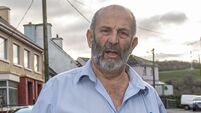Seán Herlihy promotes merits of sport for all at school for deaf children
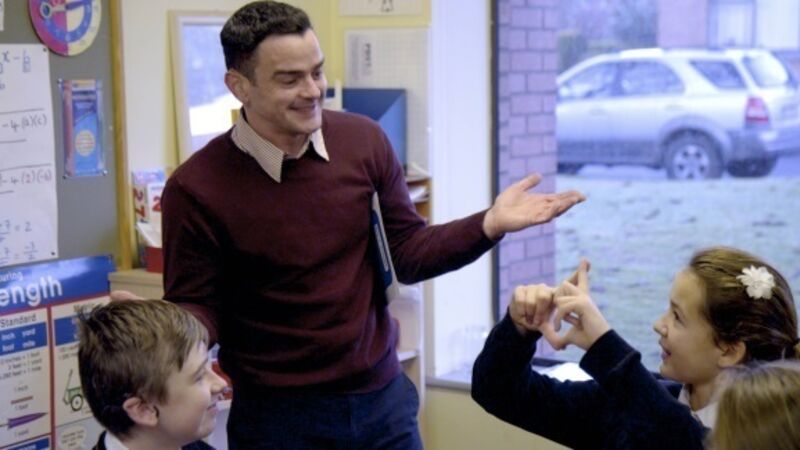
Seán Herlihy’s story will be a familiar one to many GAA members. Player at college in Dublin heads home to line out for the home club, in this case Cill na Martra in West Cork.
A seven or eight-hour journey by train and car might discourage a lesser spirit. Herlihy, who’s deaf, is used to overcoming obstacles.




